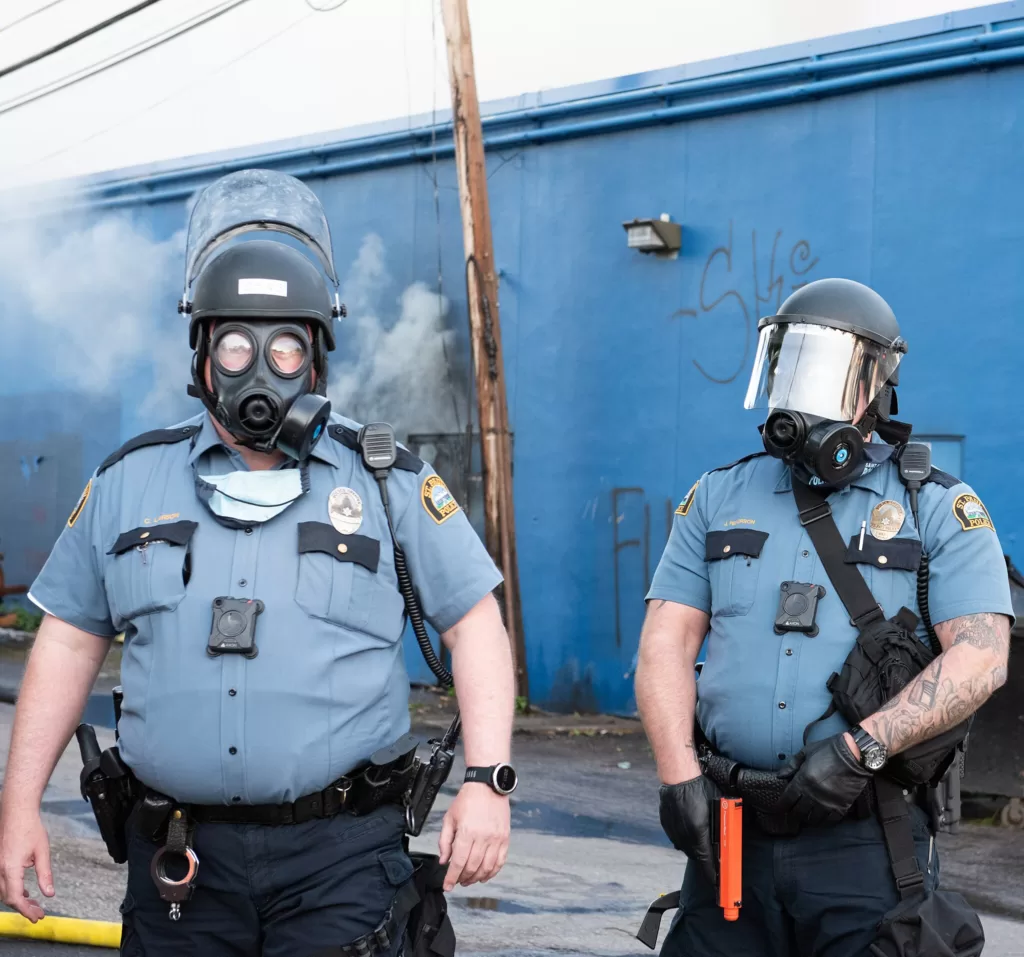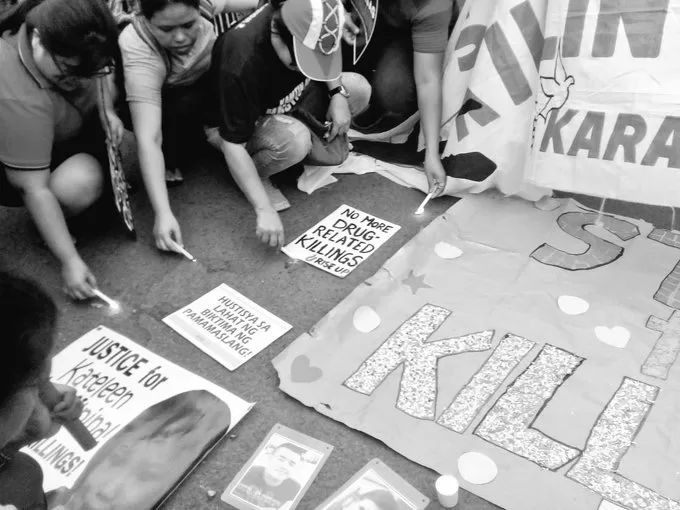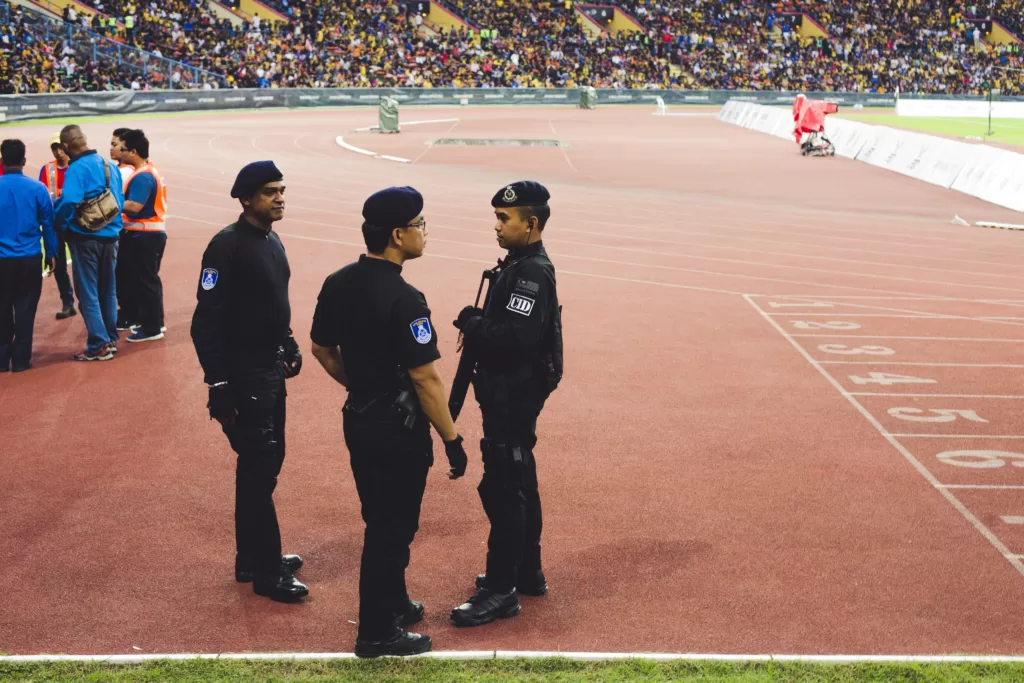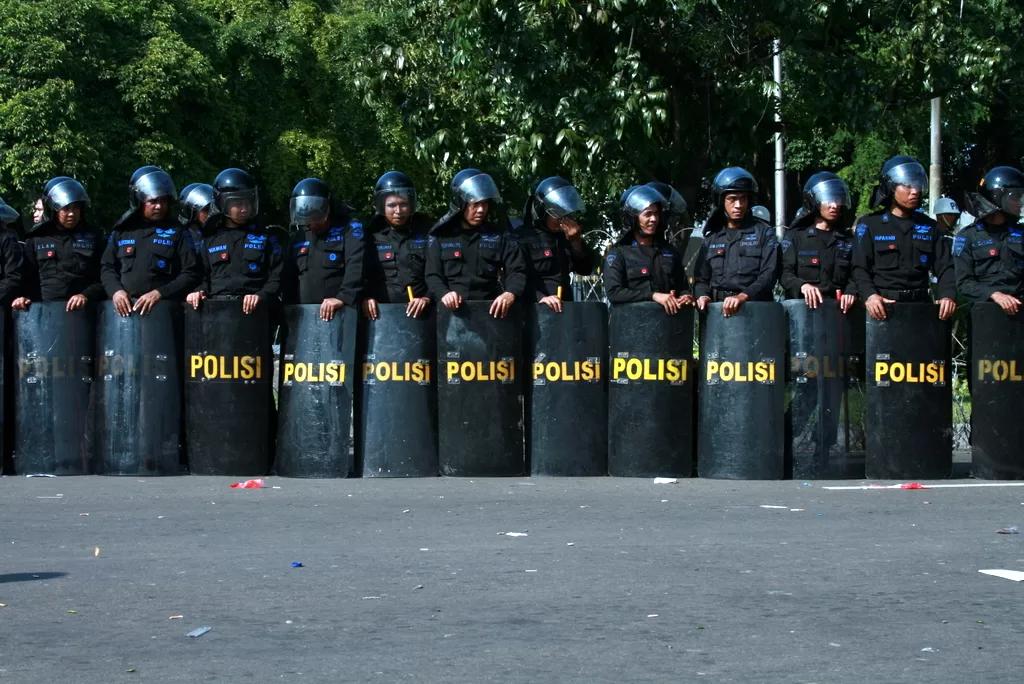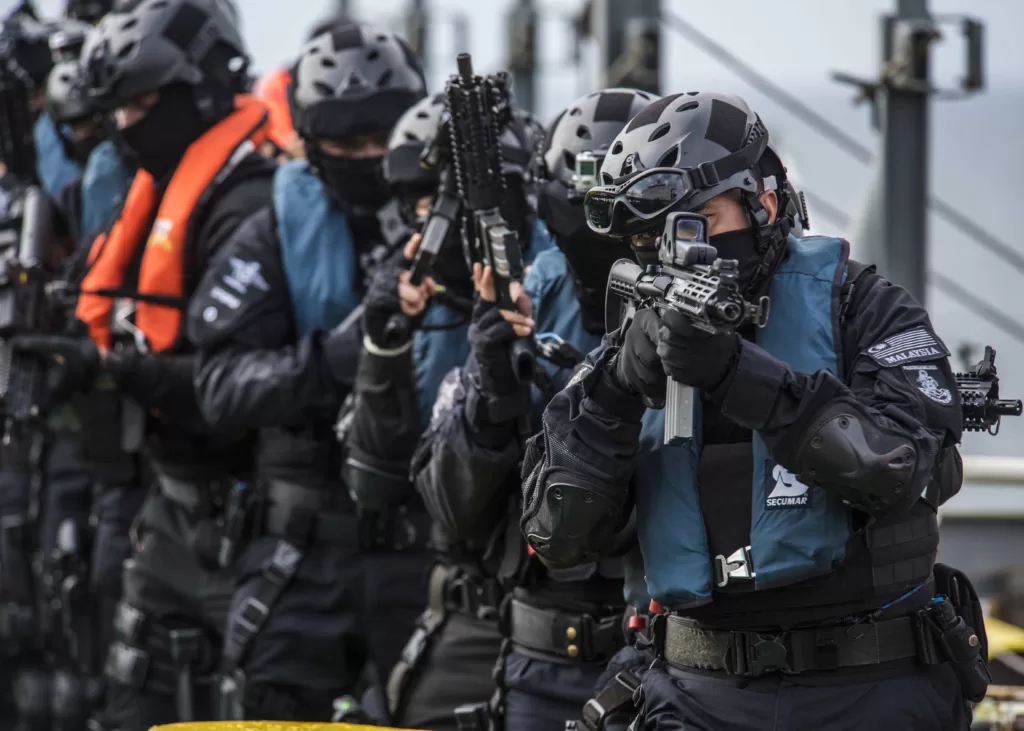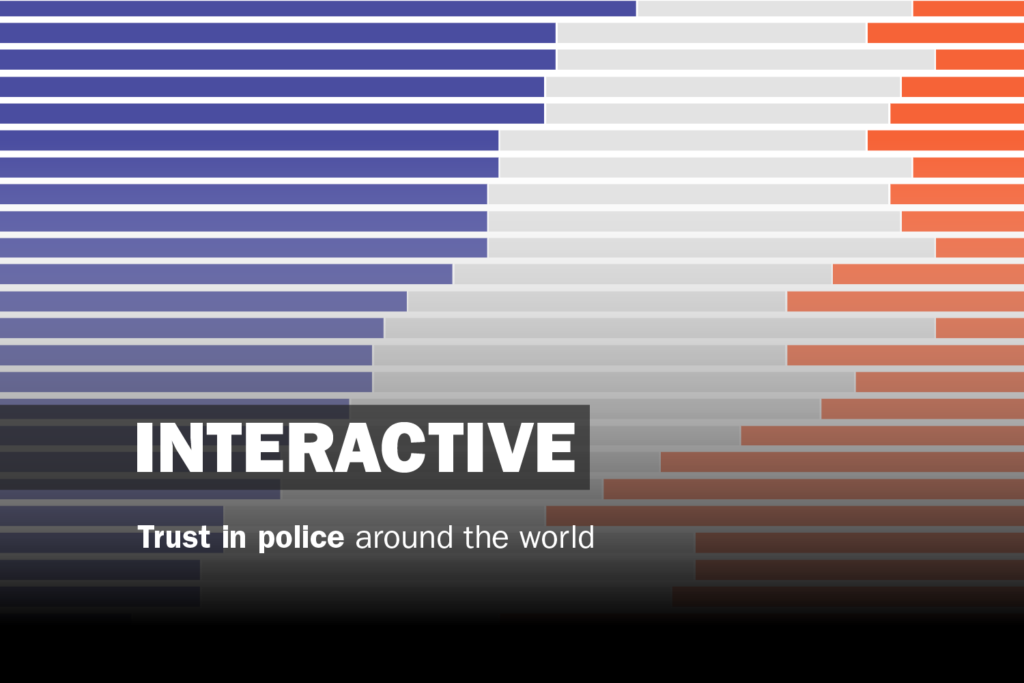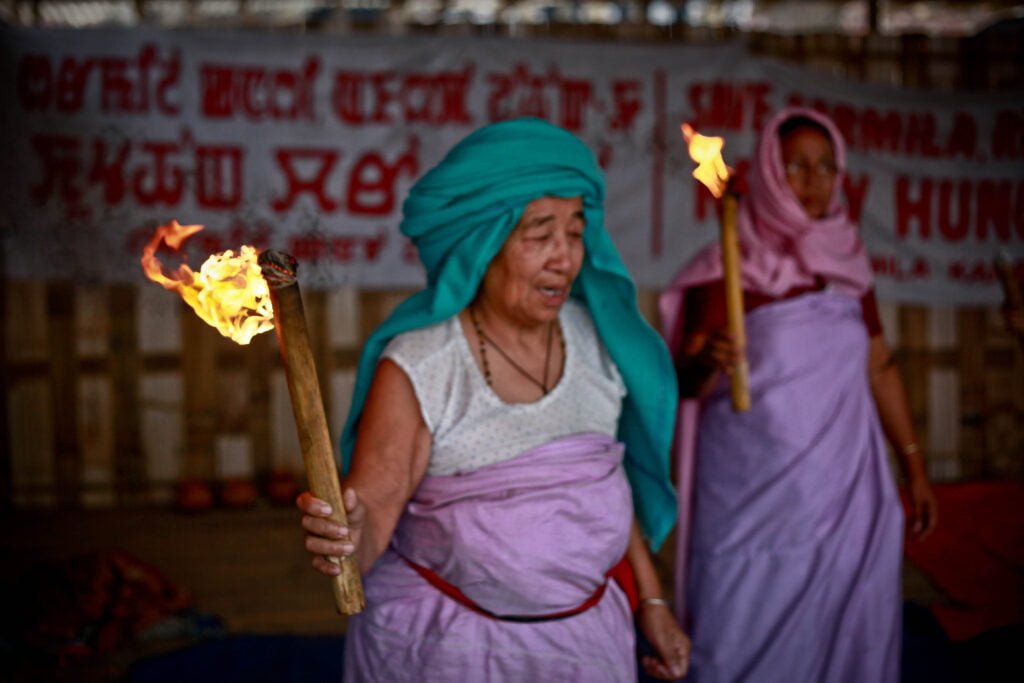It will take learning the lessons of Brazil’s many failures of police reform to truly implement a safer future for all Brazilians.
 Brazilian President Jair Bolsonaro has said criminals should “die like roaches”. : Isac Nobrega CC 2.0
Brazilian President Jair Bolsonaro has said criminals should “die like roaches”. : Isac Nobrega CC 2.0
It will take learning the lessons of Brazil’s many failures of police reform to truly implement a safer future for all Brazilians.
Brazil has an infamously high crime rate. Former President Jair Bolsanaro’s endorsement of police killings, which was generally supported by right-wing politicians, was framed as an effective public safety policy and opposing politicians were portrayed as enemies of the people.
But research on police reform agrees that the only solution for the ongoing violence is community policing. It will take learning the lessons of Brazil’s many failures of police reform to truly implement a safer future for all Brazilians.
In 2021, Brazil’s homicide rate reached 22 per 100,000 inhabitants, almost four times higher than the global average. Some 13 percent of all intentional deaths recorded in Brazil were perpetrated by law enforcement agents.
Police especially victimise young Black men and residents of socially excluded communities (favelas). Brazilian police officers act as arresting officer, prosecutor, judge, jury and executioner. President Bolsonaro has consistently tried to exclude police officers from being charged for these killings under the Penal Code.
Community policing aims to reduce police violence by institutionalising channels of accountability. This kind of policing decentralises decision-making, handing it to frontline police officers rather than to commanders; collaborates with the community to map problems and define strategies for crime prevention; and identifies and reports deviations from proper police practices.
Many attempts have been made to introduce community policing in Brazil. But instead of being part of wider police reform, it was often undertaken as a separate project in poor and violent areas, to regain territorial control from drug traffickers and other criminal gangs. As a result, residents came to understand community policing as the temporary occupation of slum areas by police.
The community policing programmes had success in some areas, as measured by reduced intentional deaths and police lethality. But they usually did not last more than a couple years.
One of the reasons for the failure rate is that community policing projects used existing officers — those people selected for their enthusiasm to fight a ‘war on crime’. Traditional police training programmes reinforce how to operate weapons of mass destruction, and a mindset of kill or be killed. It is difficult to build trust between police officers and residents when they see each other as the opposition.
When community police projects were established, officers received lectures on how to create proximity, without addressing how to break the fear that residents have of traditional police. When the police officers were deployed in areas with high rates of violence to implement preventive actions, they often fell back to their training, threatening residents with the use of force, preventing citizens from trusting them.
Citizens do not feel comfortable reporting incidents of police violence to investigating agencies, because most of them are staffed with police officers. When a civilian death is recorded, the investigation is carried out by the officers’ colleagues, who forward the conclusions to a district attorney, many of whom perceive the death as one less criminal to be prosecuted, and suggest the case be closed. Residents observe this pattern and become afraid of having police officers in the area.
Criteria for officers’ promotion is another reason for the community policing failures. The worst example was the wild west bonus (gratificação faroeste), adopted by Rio de Janeiro Military Police in the 1990s. It could increase officers’ salary by up to 150 percent for cases where police killed a known criminal. It caused murders by cops in the city to soar permanently — a pattern that is still seen today.
Implementating community policing requires new police officers, professionally trained in working closely with citizens and who are held accountable for their behaviours.
Police training also needs to be addressed. The existing army manuals and tactics need to be put in the bin and instead, professional standards should be valued. Interventions based on evidence need to be developed. For example, police internships in poor communities, modelled on social workers and community leaders, would help them to understand the problems faced by citizens, and how to create bridges to improve quality of life and to prevent crime. This is what a project called “Stay Alive” intended to do in the state of Minas Gerais in the beginning of 2000s, with powerful results in terms of improvement of police community relationships.
Analysis of officers’ body camera footage can allow better understanding of what to do, and especially what not to do, when approaching someone. The change in policing attitudes could invite citizens to get closer to the police forces, allowing new channels to guarantee civilian oversight, ranging from weekly meetings with community leaders, to the possibility of witnesses of police killing testifying in trials without the fear of death. Internal police investigations need to be able to ensure the rule of law. Violent officers should be prosecuted, trialled and punished in the same way as all citizens.
Moving forward with police institutional changes seems to be the only recourse for ending the violence and homicides. Without substantive and systemic changes, community policing will be used again as a catch-phrase without meaning.
Without the institutionalisation of police reform, community engagement will not happen as citizens will continue to fear that officers could flip from community members to the enemy without notice or when the governors’ electoral mandates come to an end.
Ludmila Ribeiro is an associate professor in the Department of Sociology and a researcher in the Center for Crime and Public Safety Studies (CRISP), both at the Federal University of Minas Gerais (UFMG). Her research interests are focused on community policing, gender violence, first appearance hearings, homicide trials, and management of the penitentiary system. She declares no conflict of interest in regards to this article.
This article has been republished as part of a Policing the police special report. It was first published on October 2, 2022 in the lead-up to the Brazil presidential elections, won by Luiz Inácio Lula da Silva.
Originally published under Creative Commons by 360info™.


